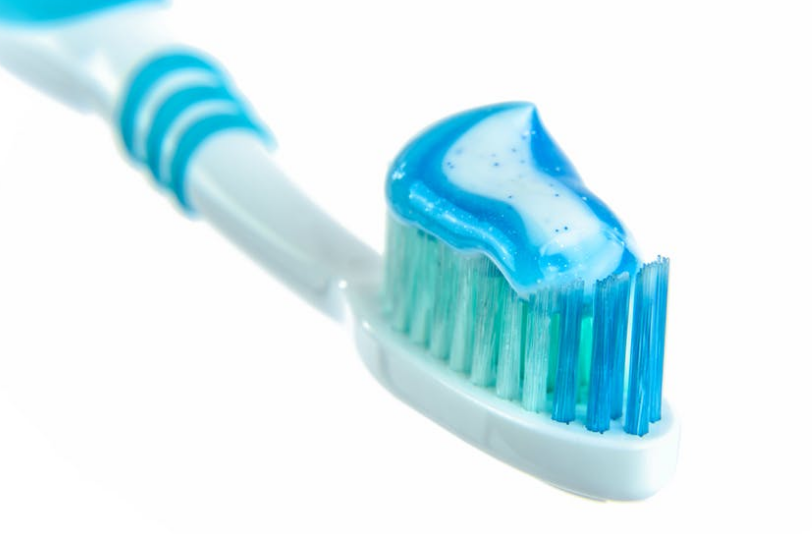Primary Times - the definitive what’s on and where to go family guide of activities and events for children of primary school age. Things to do with your kids during the school holidays including arts and craft activities, music and theatre for children, parties, competitions, days out, and family attractions along with term time drama schools, dance classes, after school clubs and sports activities. Things to do at a place near you!
THE HABITS YOU MIGHT NOT REALISE YOUR LITTLE ONES ARE PICKING UP FROM YOU
 Have you ever been told your child is your mirror image? If you have a little mini-me you’ll know that often, they inherit more than just similarities to our appearances. Young children learn from their parents all the time and as they develop they mimic our behaviours, taking both our good and bad habits with them into adulthood.
Have you ever been told your child is your mirror image? If you have a little mini-me you’ll know that often, they inherit more than just similarities to our appearances. Young children learn from their parents all the time and as they develop they mimic our behaviours, taking both our good and bad habits with them into adulthood.
As role models to our children, we all strive to pass on good habits from an early age, but did you know that habits in children are unlikely to vary after the age of nine? Here, Director of Dental Policy at Simplyhealth Professionals, Dr Henry Clover, reveals the habits you might not realise your little ones are picking up from you and how you can help your child to learn from your best behaviours simply by how you teach them to care for their teeth.
DIETARY HABITS
Children can be fussy eaters and as all parents know, it can be a challenge to get them to eat their vegetables. But you might be surprised how they will follow your lead when it comes to making healthy dietary choices. If you have a sweet tooth and regularly pick on sweet treats your child may think of sugary foods as an everyday food rather than an occasional treat. Eating a balanced diet as a family and limiting your child’s sugar intake will help them to establish good habits for the future. Just beware of hidden sugars found in things like dried fruit, fruit roll-ups, smoothies and fruit juices that can trip up even the most conscientious of parents.
NOT FOLLOWING INSTRUCTIONS
Be honest, do you always do what you are told? Like adults, young children have a lot to learn and can be prone to distraction. The good news is that giving them age-appropriate responsibilities can help them to learn how important it is to follow instructions. Toddlers know their own minds and can be particularly challenging when it comes to following instructions, especially when it comes to brushing their teeth. If they resist attempts to help them to brush, overcome their reluctance by explaining why they need to brush their teeth and start to give them specific responsibilities such as putting the toothpaste on the toothbrush.
BAD ORAL HEALTH HABITS
Babies aren’t born with the bacteria that cause tooth decay in their mouths and susceptibility to tooth decay does not run in families. So, if you have cavities make sure you reduce the chances of your children repeating your mistakes. There are several techniques parents can help their child to adopt to prevent decay from developing. The first is to limit the frequency of sugar in their diet, and the second is to try and keep children engaged for long enough to reach the recommended two-minute brushing time. Teaching them in the importance of cleaning their teeth as soon as their first milk teeth appear and taking them to the dentist regularly can also help.
POOR TIME MANAGEMENT HABITS
As adults, we’re prone to rushing about. If you’re prone for being late for the school run and regularly end up rushing out the door, be mindful that you child can pick up your time keeping habits. Time can be a difficult concept for children to understand but you can start to communicate its importance from an early age by helping them to brush their teeth. Brushing for two minutes can feel like a long time young children. To help them to monitor their brushing time encourage them to brush along to their favourite pop song or nursery rhyme. The most important step however is to keep them interested in long enough to reach the vital two-minute brushing time and engage them in the importance of cleaning their teeth as soon as their first milk teeth appear.
LACK OF ATTENTIION TO DETAIL
We can all be guilty of cutting corners from time to time but when it comes to our oral health attention to detail is of upmost importance at any age. To encourage children to care for their teeth and their gums. remind them that we need to care for our oral health every day twice a day to prevent problems like tooth ache and cavities from developing. Baby teeth need about a decade’s worth of care and the best way to check that your child is giving attention to detail when caring for their teeth is by taking them for regular dental appointments. This will allow the dentist to see if any areas of the mouth are being missed through brushing ineffectively, look out for signs of any potential problems, and offer you and your child advice and guidance.
LOW CONFIDENCE
There are lots of situations where we can find ourselves lacking confidence as adults. If you’re prone to fretting, give your child the gift of confidence. Research has shown that having a healthy smile boosts confidence and you can help to protect their smile through encouraging them to care for their teeth effectively[1]. To give them an extra confidence boost and help you to reach their back teeth, get your child to pretend to be a lion or dinosaur and give you a big roar as you help them to brush. Praise them for the great job they did brushing their teeth afterwards too. This will help them think of brush time as a positive experience and make them less reluctant to care for their teeth effectively.
For more advice on helping your children care for their oral health visit www.denplan.co.uk and download ‘A Little Healthy Book of Smiles’. Designed with parents for parents it is packed with helpful top tips to help keep kids smiles bright and healthy.
[1] http://www.telegraph.co.uk/news/health/news/10169043/People-with-a-perfect-smile-are-happier-in-life.html



